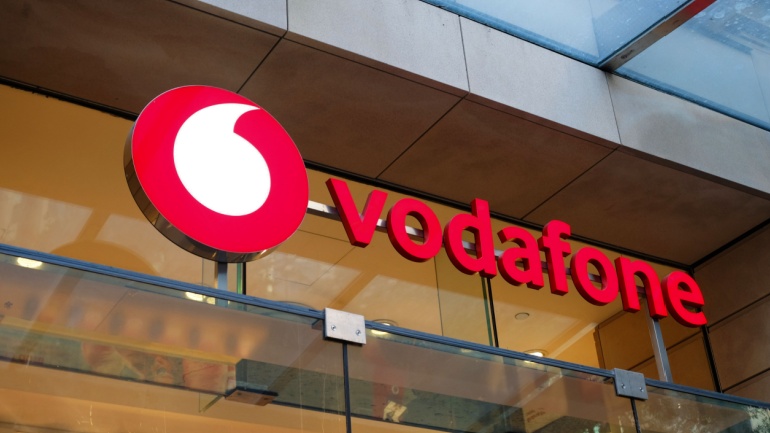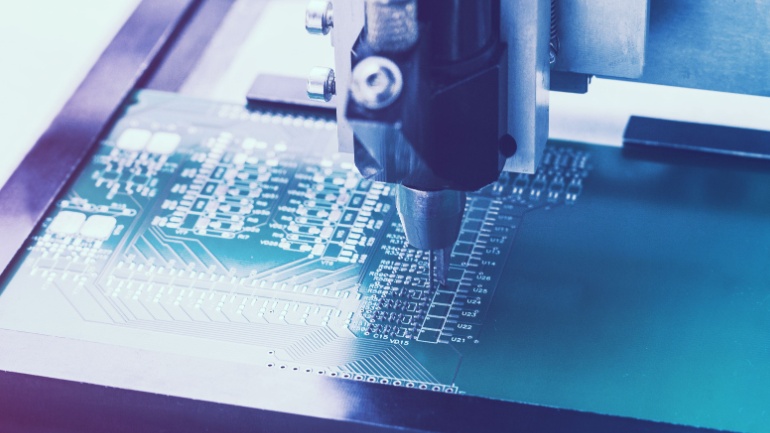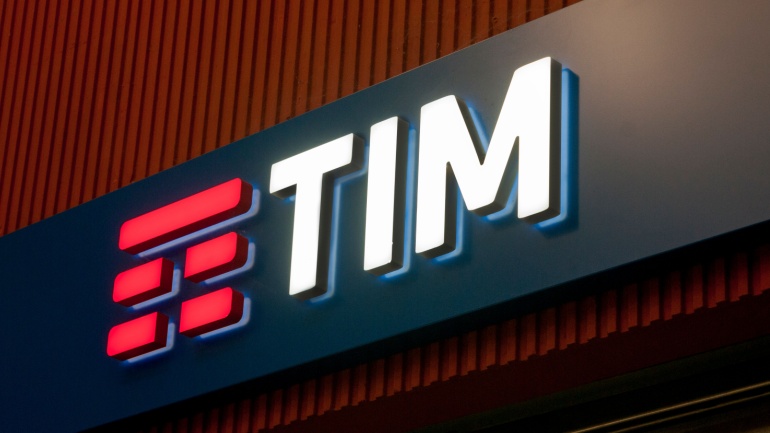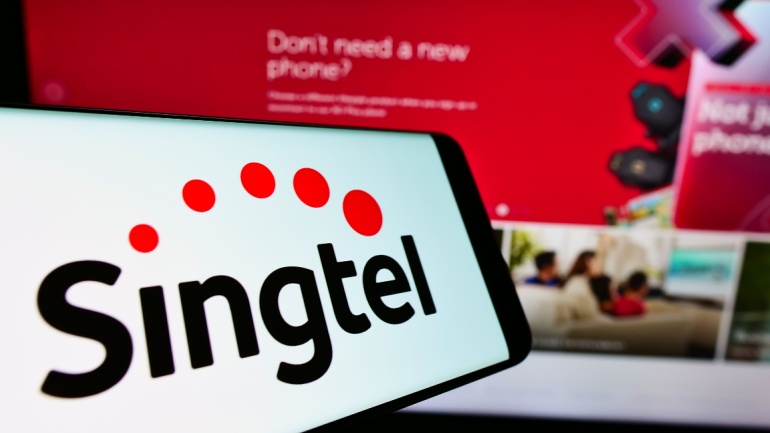In a significant development at the Gartner Data & Analytics Summit in Orlando, FL, Alkira, a leader in agentless multi-cloud networking, has teamed up with RestorePoint.AI, known for its Secure Managed Data as a Service, to introduce a revolutionary cloud-based data management service. This collaboration is designed to empower mid-market enterprises with a private, secure network, accelerating the process of deriving value from analytics and Generative AI (GenAI) without the need for extensive resources.
The global enthusiasm for artificial intelligence (AI) is set to significantly boost spending in edge computing infrastructure and services, with projections from IDC indicating a jump to $232 billion this year, marking a 15.4% increase from the previous year. This surge reflects the growing demand for technologies that facilitate faster and more efficient data processing closer to the source of data generation.
In a notable development, Vodafone has agreed to sell its operations in Italy to Swisscom, the Swiss telecommunications giant, for €8 billion, marking a significant shift in its business strategy. This sale is part of a broader effort by Vodafone to restructure its operations across Europe, aiming for a stronger, more focused presence in growing markets.
First Orion, the leading provider of branded communication solutions for enterprises, announces that the industry’s first real-time out-of-band call authentication solution, INFORM Paired, is now available across all major U.S. carriers. INFORM Paired ensures bad actors cannot impersonate a branded call from a legitimate enterprise and, as a result, reduces the risk of consumers getting scammed.
Alianza, Inc., the leading cloud communications platform for service providers, today released a new Omdia Research report, “Reinventing Core Communications: Strategic Imperatives for Growth.” The report offers a transformation roadmap for service providers as they face increasing operational complexity, network costs, and revenue pressures that are creating hostile market conditions across the telecommunications industry.
The United Kingdom is set to enhance its semiconductor research capabilities significantly, following the government’s decision to join forces with the European Union’s Chips Joint Undertaking (JU). This collaboration marks a pivotal step in the UK’s efforts to strengthen its position in the global semiconductor arena, promising to inject new energy into its research and innovation sectors.
TIM, the Italian telecommunications giant, encountered a significant drop in its share value following the announcement of an expected increase in net debt by over €1 billion due to the sale of its networks division. The company’s strategic initiative, dubbed the Free to Run plan, aimed at reducing debt through the sale, ironically led to a sharp decline in share prices, which plummeted further after the disclosure of financial details on Monday.
Telefónica Tech UK&I has taken a significant step forward in strengthening enterprise cyber defenses in the UK and Ireland with the introduction of its NextDefense Managed Security Services (MSS). This move is aimed at offering businesses advanced protection against the constantly evolving cyber threats.
Injecting fresh vigor into the national establishment for data science and AI, UK’s Chancellor commits £100 million in funding to The Alan Turing Institute. This allocation, targeting environment, health, defence, and national security, underlines UK’s ambitious stride towards global AI leadership.
Singtel has made another divestment, selling a fractional 0.8% stake in India’s Bharti Airtel for approximately $711 million. It’s a part of Singtel’s ongoing strategy to transition from traditional telco operations to fully digital-based operations.













